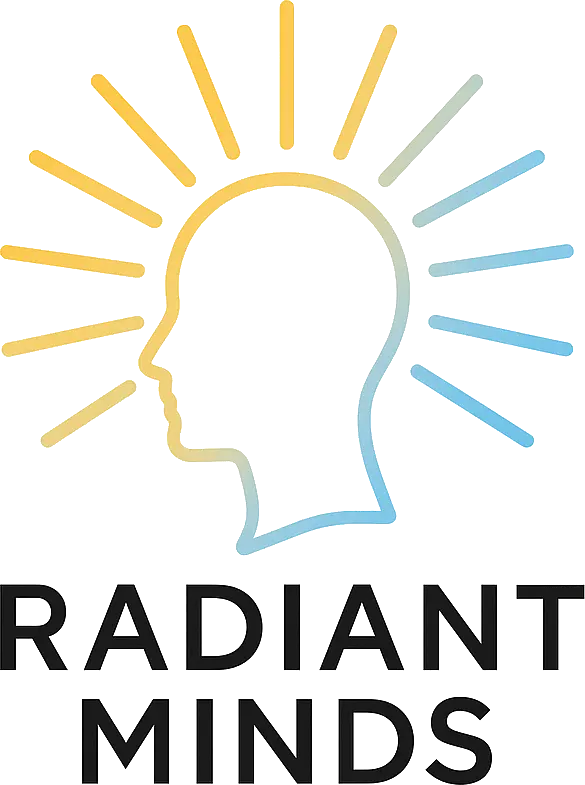Attribution: loncarlyonjenkins.com
Libertarian free will is defined as the ability to have acted otherwise, all else equal. In a world governed by the laws of physics, where particles move according to natural laws, can we really be said to have free will? This ancient question, once in the realm of philosophers and theologians, is now also a concern for scientists, physicists, neuroscientists, and public policymakers. Whether the universe is deterministic or not, the implications of this question ripple into some of the most important aspects of humanity, including our sense of agency, our systems of justice, and our understanding of moral responsibility.
The Clockwork Universe: Classical Determinism
Since the rise of Newtonian mechanics in the 17th century, many thinkers have imagined the universe as a vast machine or model. French Physicist and Philosopher Pierre-Simon Laplace famously constructed the thought experiment of “Laplace’s Demon,” a hypothetical intelligent being that, knowing the position and momentum of every particle in the universe, could predict the future with perfect precision. In this Newtonian framework, everything that happens is caused by prior states in a chain of causes and effects, all the way back to the Big Bang.
This mechanical view poses a deep challenge to free will. If our thoughts and decisions are the result of prior causes (genes, environments, brain chemistry), are we really choosing? If a criminal commits a crime because of a chain of causally determined events, can we hold them responsible in the same way we would if they had consciously made that decision?
Determinism seems to push us toward a conception of justice based on utility rather than retribution. We might shift away from punishing wrongdoers because they deserve it, towards a system that tries to prevent further crimes through deterrence or rehabilitation. This shift is already present in many criminal justice reforms, especially in areas like addiction treatment, youth sentencing, and mental health courts.
Quantum Mechanics: Indeterminism and Uncertainty
At the microscopic level, the predictability of classical physics breaks down. Particles don’t have definite positions until measured. Outcomes are described by probabilities. Heisenberg’s Uncertainty Principle dictates that we cannot know both the position and momentum of a particle simultaneously. Some have taken this indeterminacy to mean that the universe is not deterministic after all.
But does random chance restore free will? Not quite. A decision that is the result of a quantum fluctuation rather than a deterministic chain isn’t necessarily “free” in a meaningful way. It might just be random. And randomness alone does not give moral responsibility. It simply removes certainty
Still, quantum mechanics has opened conceptual space. Some interpretations, such as the many-worlds hypothesis, suggest that every possible outcome of a quantum event does occur, except in parallel universes. Today, some scientists and philosophers explore whether quantum indeterminacy plays a role in brain function, though this remains highly speculative.
Compatibilism: Reconciling Free Will and Causality
One philosophical response to this question is compatibilism, the view that free will and determinism are not mutually exclusive. According to compatibilists, we can have free will even in a deterministic universe, as long as our actions stem from our desires, reasons, and rational thought.
The 18th-century philosopher David Hume argued that liberty is defined by the absence of constraint rather than causation. Modern compatibilists build on this idea. If your decision to tell the truth rather than lie arises from your character and values, even if those were shaped by past events, a compatibilist would say that you are still morally responsible.
This view is similar to how we treat responsibility in everyday life and in law. A person who acts under duress is treated differently from one who acts voluntarily, even if both actions can be causally explained. Our justice system already reflects aspects of compatibilist thinking by considering mental illness, coercion, or diminished capacity when assessing guilt, while still acknowledging that all behavior has causes.
Implications for Public Policy and Criminal Justice
Whether or not we have free will, society must grapple with the question of responsibility. Legal systems are built on assumptions of agency. But as neuroscience and behavioral science advance, we learn more about environmental factors such as genetics, trauma, socioeconomic conditions, and brain development as determinants of behavior.
A deterministic understanding of behavior might urge us toward more compassionate and rehabilitative models of justice. For example, recognizing that a young offender’s brain is still developing and physiologically incapable of adult reasoning has led to changes in juvenile sentencing. Similarly, addiction is increasingly understood as a neurological disorder rather than a moral failure.
Still, there’s a balance to strike. Even if actions are caused, society still needs norms, incentives, and consequences. Given that free will does not exist, the goal of public policy may shift from enforcing metaphysical notions of justice to promoting human flourishing, reducing harm, and encouraging moral development, within the constraints of biology and nature.
A Humble Freedom
We may never fully resolve the metaphysics of free will. Physics offers no clear answer as Newtonian physics paints us as cogs in a deterministic machine, while the randomness of quantum mechanics offers no meaningful agency. Neuroscience and Biology still provide questionable and evolving conclusions, but philosophy offers a path forward.
This difficult question leads to many differing perspectives of determinism, libertarianism, or compatibilism. These competing philosophies invite us to think more deeply about the assumptions behind our moral and legal systems. Whether we see human actions as caused, chosen, or somewhere in between, our legal, ethical, and social responses must still account for fairness, harm, and human complexity. In a universe shaped by both laws and uncertainty, perhaps the most important task is to remain thoughtful about how these ideas influence our collective perspectives and sense of responsibility and justice.

